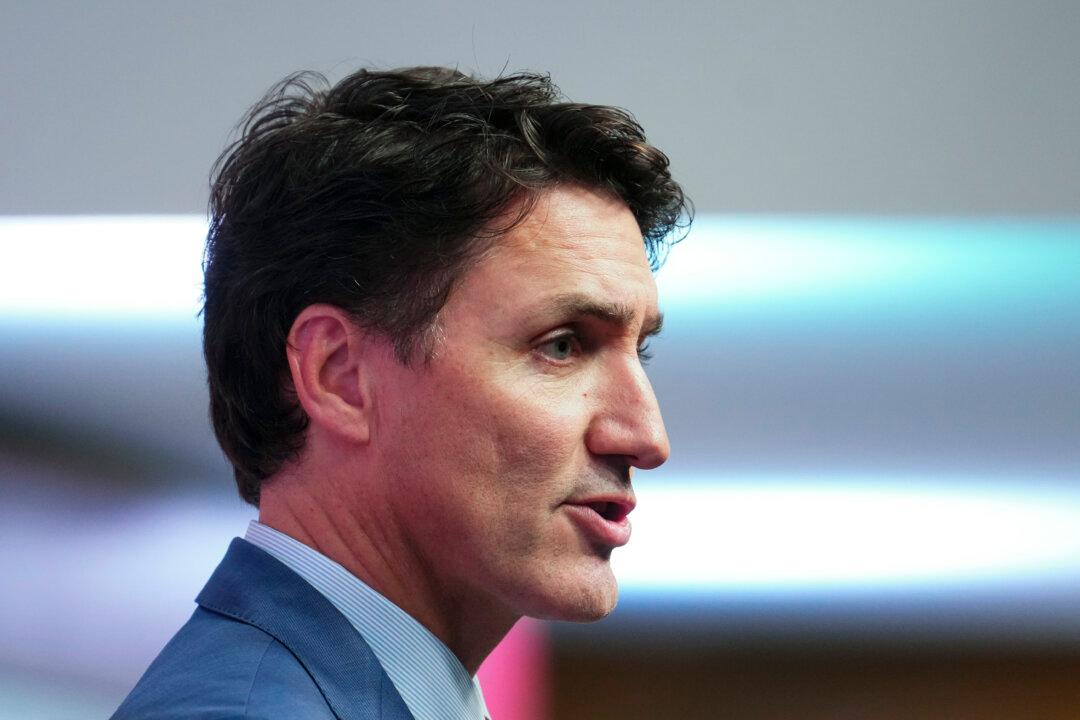Prime Minister Justin Trudeau said he is “worried” the U.S. may step back from its commitment to combat climate change under incoming president Donald Trump, but said such a move would create economic “opportunities” for Canada.
“If people look at the United States as not a place where it’s interesting to innovate and fight climate change, people will automatically turn to Canada,” he said on the sidelines of the G20 summit in Brazil on Nov. 19. “And if Mr. Trump doesn’t want to take on the opportunities associated with climate change, Canada will continue to.”





